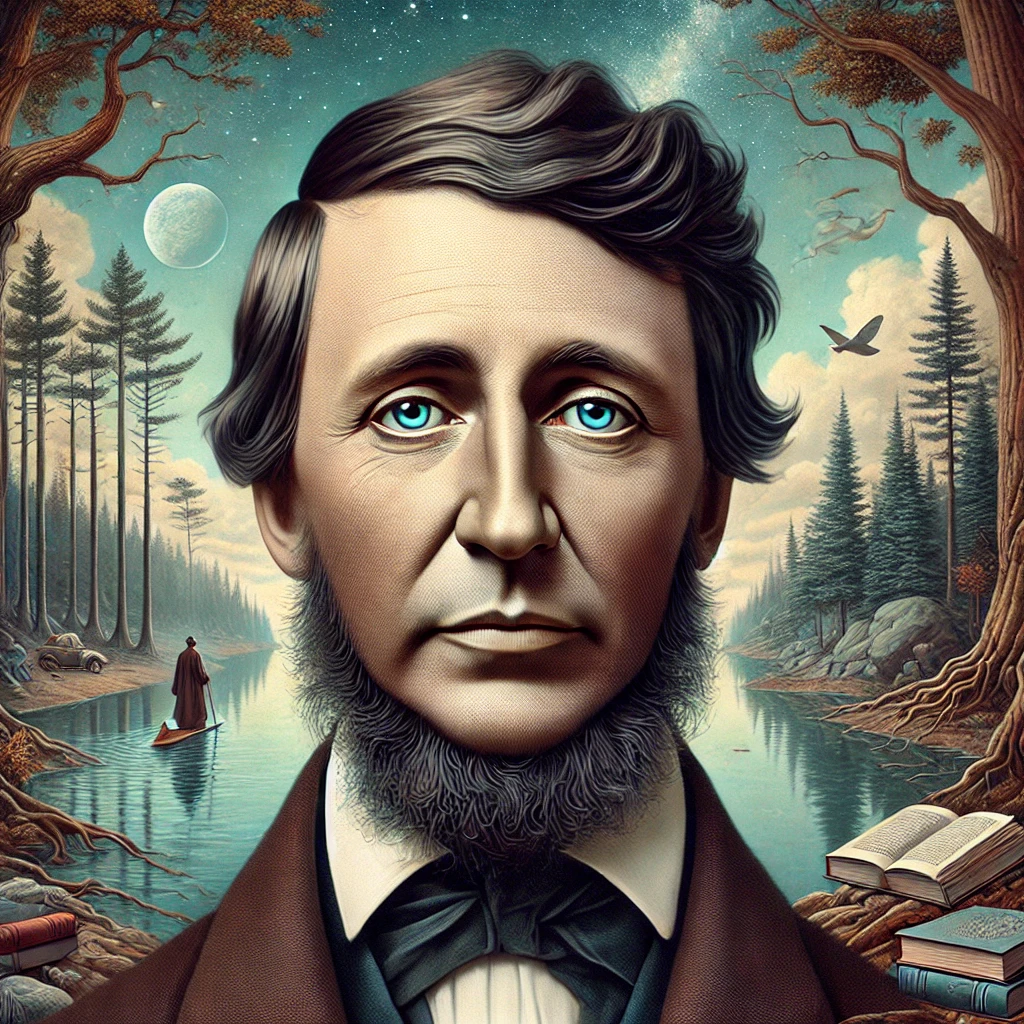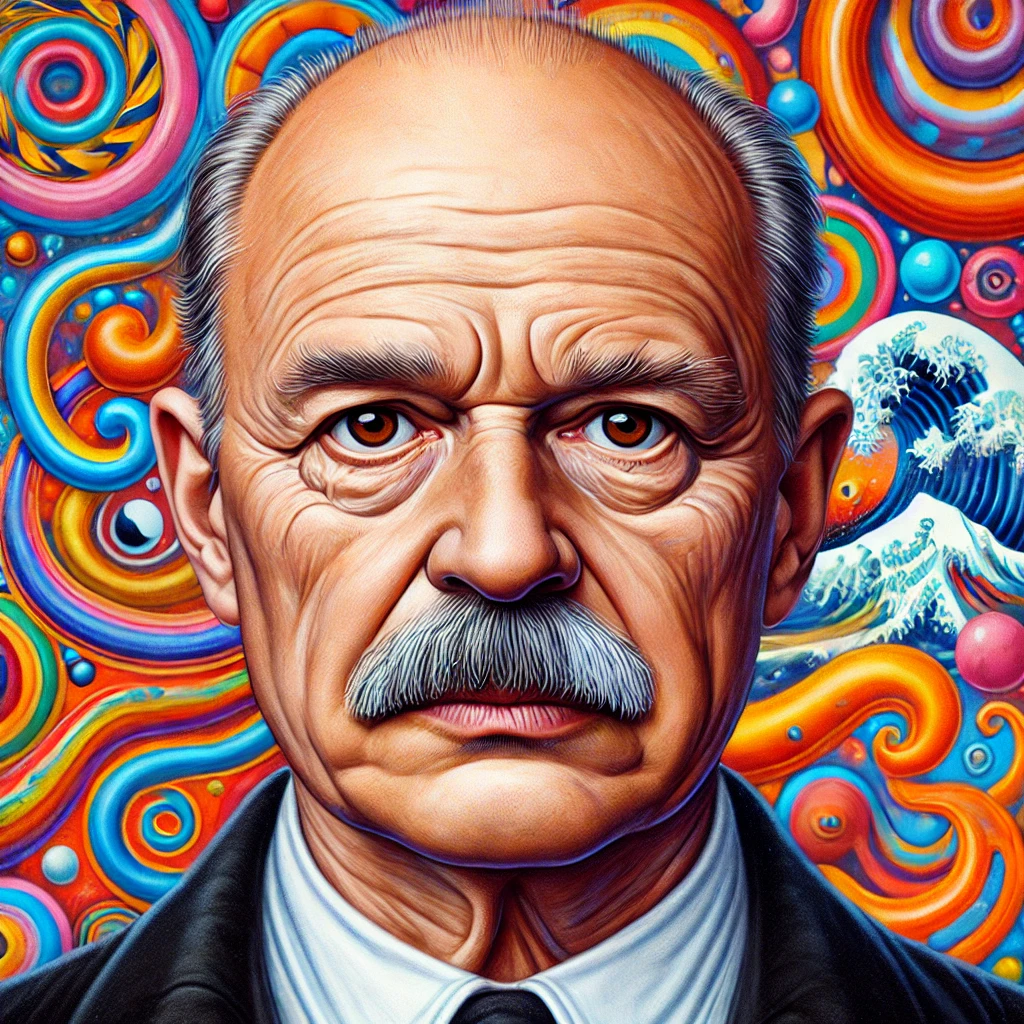Waiting Holds You Back: How to find Purpose and Self-Discovery in the Present
January 19, 2025
Life is full of choices. We can choose to act, engage, and connect, or we can wait, hoping for the “right time” to come. But waiting often costs us more than we realise.

Waiting delays not just time but our growth, meaning, and the chance to create a life aligned with our values. Philosophers throughout history have shown us the power of embracing the present. Here’s how their wisdom can guide us to live a life filled with purpose and authentic connection.
The Power of the Present Moment
Epictetus, the Stoic philosopher, taught that the only moment we truly control is now. Focusing too much on future outcomes pulls us away from the clarity and purpose found in the present. When we engage with what’s right in front of us, we gain the freedom to act, reflect, and adjust, discovering what truly matters.
Think of a creative project you’ve been delaying — writing a story, starting a business, or even just picking up a new hobby. Every day you wait for confidence or a clearer sense of purpose, you’re missing the experience of trying, failing, and growing. Acting now, Epictetus would say, is how we reclaim control, making progress towards a life of intention and self-discovery. Right now, you are the youngest you will ever be.
Embrace Uncertainty to Find Meaning
Søren Kierkegaard argued that true meaning comes not from waiting for certainty but from taking action, even when the future is unclear. His concept of the “leap of faith” reminds us that fulfilment is found in choosing to pursue what feels valuable, even without guarantees.
Consider someone who wants to change careers to pursue something more meaningful. The fear of the unknown and the uncertainty of financial stability may keep them stuck. But taking a leap, despite the risks, can lead to a richer sense of fulfilment. Leaving a secure job to pursue a passion isn’t without its challenges, but it often opens doors to a life of greater alignment and satisfaction. Kierkegaard’s leap of faith isn’t about dismissing fear; it’s about acting in spite of it, finding purpose through the courage to pursue what feels meaningful.
Authenticity Means Living a Life of Real Choices, Not Habits
Martin Heidegger saw “authenticity” as a commitment to make choices that reflect our truest selves. For him, each moment is an opportunity for self-discovery, for living with intention and purpose, rather than getting lost in distractions. By delaying action, we risk falling into empty routines that keep us safe but unfulfilled. Authenticity, in Heidegger’s view, isn’t about waiting for clarity to appear; it’s about engaging in life directly, finding depth and meaning in the choices we make every day.
It’s easy to fall into routines — scrolling through social media, checking emails, filling each day with tasks. Authenticity, for Heidegger, might mean putting aside these habits in favour of face-to-face connections or dedicating time to self-reflection. It’s about showing up for what matters, even in small, daily ways, rather than losing ourselves in patterns that keep us stuck.
Sartre’s Freedom: Creating Meaning Through Action, Not Waiting
Jean-Paul Sartre believed that waiting for life to “give” us meaning denies our own power to shape it. He argued that we define ourselves through our actions, not by waiting for a pre-existing purpose to reveal itself. Waiting, he believed, is a denial of our own potential to shape our lives. Fulfilment, for Sartre, comes from realising that we are responsible for our own self-discovery and that each choice is a step towards building a meaningful life.
Imagine someone feeling dissatisfied with their life but unsure why. They might be hoping that a new relationship or job will bring meaning. Sartre would challenge them to stop waiting for purpose and start creating it. By making choices that align with their values and interests, they begin crafting a life that feels intentional, not passive.
Thoreau’s Call to Live Deliberately: Rejecting “Quiet Desperation” for Conscious Living
Henry David Thoreau urged people to “live deliberately” and confront the reality of their lives, rejecting the “quiet desperation” of unexamined routines. He believed that fulfilment comes from mindful choices, not from perfect conditions. Thoreau’s philosophy encourages us to assess our lives and focus on what genuinely matters.
Think of someone whose days are filled with constant obligations and routines, rarely pausing to ask if these activities bring any real value. Thoreau’s idea of “living deliberately” suggests stepping back to examine how we’re spending our time. Letting go of what doesn’t serve us and focusing on what feeds our soul brings fulfilment that no routine can match.
Camus and the Absurd: Finding Purpose in the Act of Living Itself
Albert Camus argued that we find meaning not in grand goals but in how we engage with life’s challenges. In The Myth of Sisyphus, he described Sisyphus as finding purpose through his struggles, despite the futility of his task. Camus teaches that by embracing the present — with all its struggles — we find a purpose grounded in the reality of now.
Consider facing a difficult time — a career setback, health crisis, or personal loss. Camus suggests that even in hardship, purpose emerges through our response to challenges. Rather than seeing struggles as obstacles to overcome, we can find value in how we face them, creating meaning through resilience and presence, even in the hardest times.
Start Crafting a Life of Meaning and Purpose – Now
Philosophers like Epictetus, Kierkegaard, Heidegger, Sartre, Thoreau, and Camus teach us that purpose and fulfilment don’t arrive on their own. They’re built through conscious choices, self-discovery, and the courage to act even when the path isn’t clear. Living with intention means moving forward, engaging with the present, and allowing each action to deepen our connection to what truly matters.
This is the essence of a meaningful life — choosing to engage fully, shaping our lives through action and reflection, and embracing the present moment as the only real place where self-discovery happens. Don’t wait for the perfect time. The journey towards purpose, personal growth, and authentic connection starts now, in the choices you make today.







